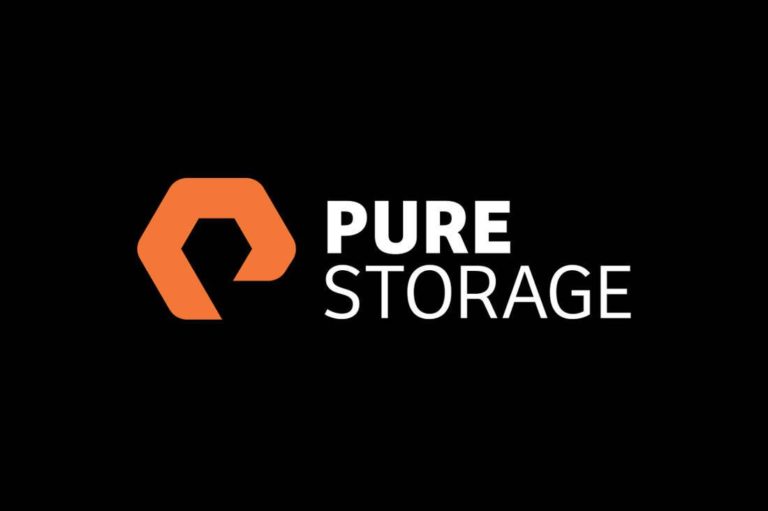The deal puts Pure Storage in Equinix data centres to assure fast Azure connectivity
Pure Storage this week announced it has partnered with Microsoft Azure to significantly speed up next-gen chip design. They say they will deliver a data layer that can keep up with the HPC workloads running in the cloud.
FlashBlade at Equinix with Microsoft Azure for EDA is the new solution proposed. The company claims it is the first-ever validated solution to leverage cloud-adjacent storage for engineering design and automation (EDA) workloads.
Customer demand for development of advanced chips requires higher performance than today’s legacy storage architectures can provide, Pure says. Amid the global chip shortage, organizations are looking to leverage the public cloud for HPC workloads. They also want to speed overall design and manufacturing.
A three-way deal to deliver high speed, cloud-adjacent storage solutions
Pure Storage and Equinix teamed up with Microsoft Azure to deliver cloud-adjacent storage for EDA, HPC and other highly parallel workloads,. These include software building and testing, for example. The solution leverages Pure Storage FlashBlade. This is a unified fast file and object (UFFO) storage platform that delivers multi-dimensional performance at scale.
FlashBlade was built with next-generation chip design in mind, according to Pure. It offers improved efficiency and resource utilization as well as advanced analytics to eliminate bottlenecks. FlashBlade’s core value proposition is simplicity, multi-dimensional performance, and scalability, Pure says. This enables reduction of job run time, making it the ideal storage solution for EDA workloads.
Amy Fowler, Vice President, Strategy and Solutions, FlashBlade Business Unit at Pure Storage, commented. “The processing resources in the public cloud empower chip designers to drive innovation, but they still need high-performance storage that can scale rapidly to keep pace,” she said. “By coupling FlashBlade with Azure, EDA customers are able to use the practically unlimited compute ability of the public cloud for next-generation product development while maintaining full control over data governance and security.”
